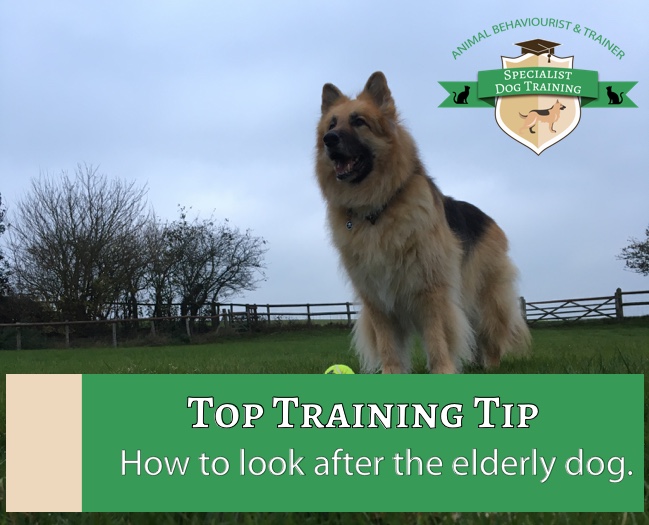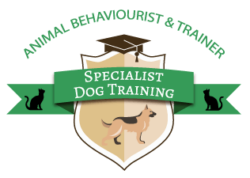
We often think of our dogs as adults right the way through their lives, however like us dogs go through development life stages and much is talked about when they are puppies and how look after them.
However, older dogs need a slight adjustment to their life as they enter old age and have different care requirements to young dogs.
What is old age? When do dogs enter old age? and how can you tell? Firstly, genetics, nutrition and the environment all play a part in how fast your dog ages.
Some of things you can expect to see as your dog ages:
- Joint diseases such as arthritis. Dogs may find it difficult to get up after laying down or they may not be able to walk as far or play as long as they used to. They also may find it difficult to get in and out of the car or avoid stairs.
- Dental disease. Dental hygiene is something that I have discussed in previous blogs and it is vital for dogs of all ages. Dental problems are painful which may result in your dog refusing to eat his meals.
- Less active which in turn can lead to obesity and therefore can put a strain on joints and internal organs.
How to help your dog as they age:
- Regular health checks with your veterinary surgeon.
- Adjust the dog’s nutrition as it ages, speak to your vet, but elderly dogs have different nutritional requirements to puppies and adult dogs.
- Supplements may be useful to certain conditions such as to help joints and arthritis.
- Pain management is vital and important to work with your vet. Being in pain is not pleasant and can impede on the dog’s lifestyle, giving good pain management with the help of your vet is a necessity to help your dog.
- Exercise is important for dogs of all ages, and important to elderly dogs too. A good exercise regime helps battle weight problems, joint problems and keeps the mind active (all that sniffing and environmental stimulation).
- Make sure that the elderly dog has comfortable place to lay. Use soft beds, blankets, bedding for them to lay down on.
- If they are finding it difficult to get into the car, then think of ramps.
- If you have hard flooring, then think of mats and rugs to help prevent slipping.
- Give your elderly dog plenty of opportunities to use the garden or outside for toileting. This often changes with age and they may need to go more often.
- Fresh water is important too, making sure that they still drink little and often.
